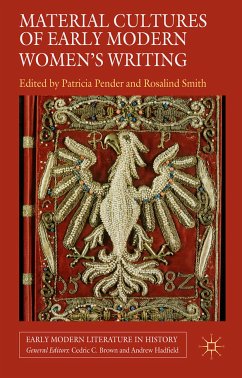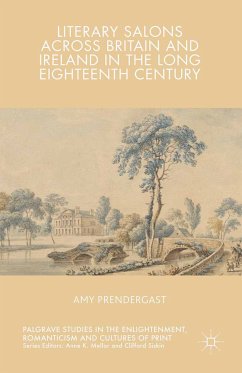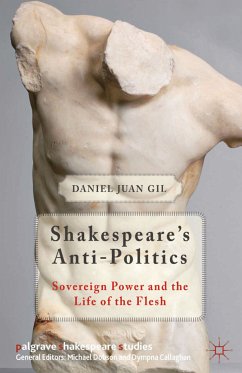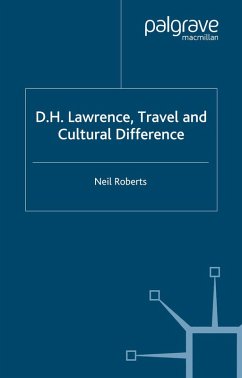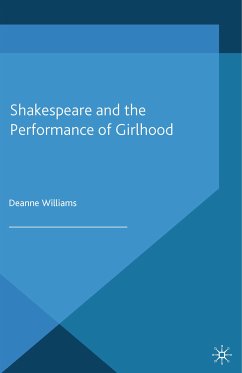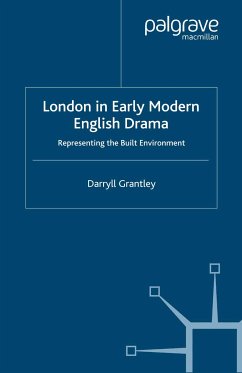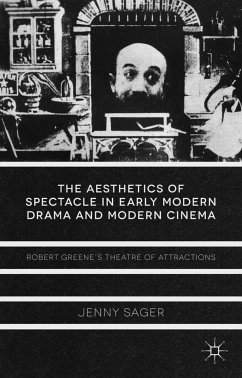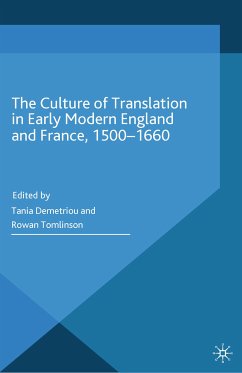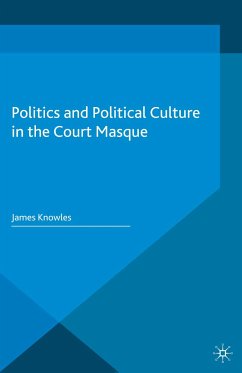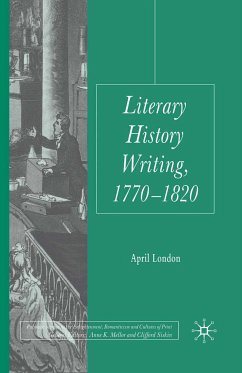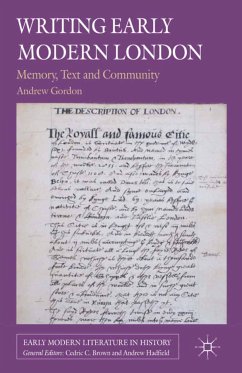
Writing Early Modern London (eBook, PDF)
Memory, Text and Community
Versandkostenfrei!
Sofort per Download lieferbar
40,95 €
inkl. MwSt.
Weitere Ausgaben:

PAYBACK Punkte
20 °P sammeln!
Writing Early Modern London explores how urban community in London was experienced, imagined and translated into textual form. Ranging from previously unstudied manuscripts to major works by Middleton, Stow and Whitney, it examines how memory became a key cultural battleground as rites of community were appropriated in creative ways.
Dieser Download kann aus rechtlichen Gründen nur mit Rechnungsadresse in A, B, BG, CY, CZ, D, DK, EW, E, FIN, F, GR, HR, H, IRL, I, LT, L, LR, M, NL, PL, P, R, S, SLO, SK ausgeliefert werden.



